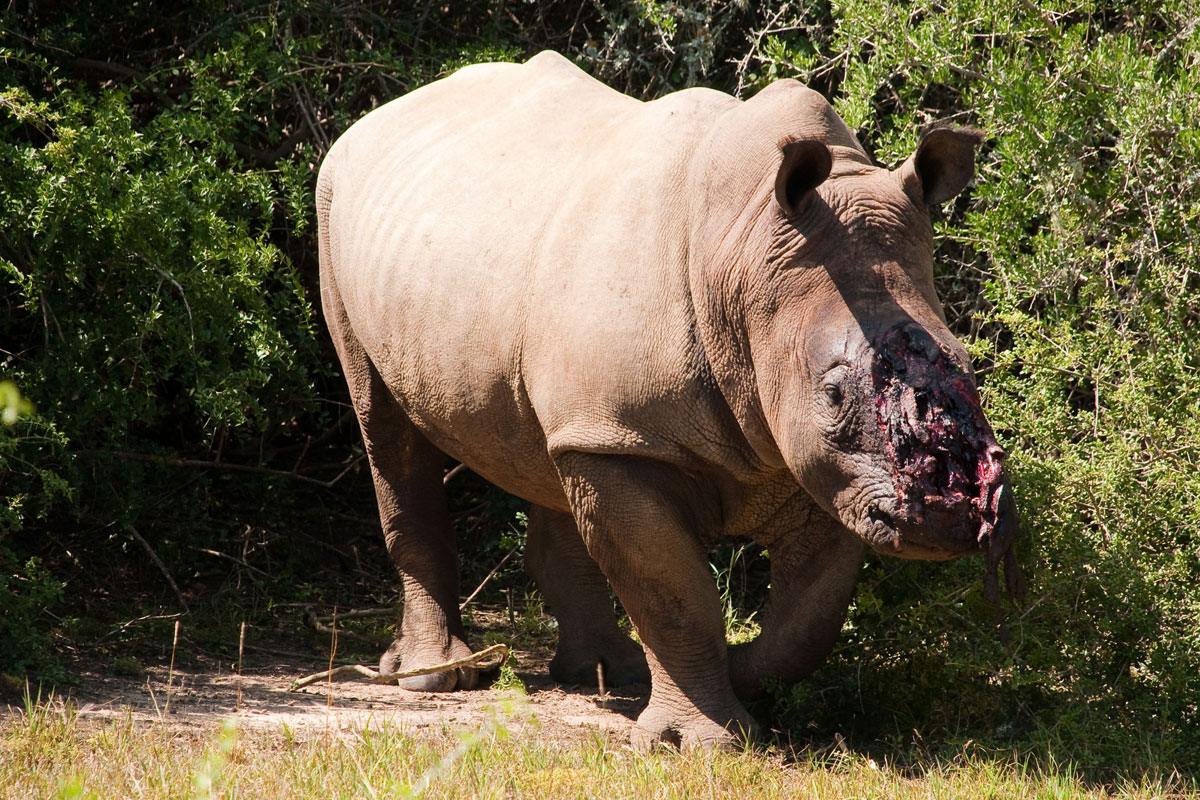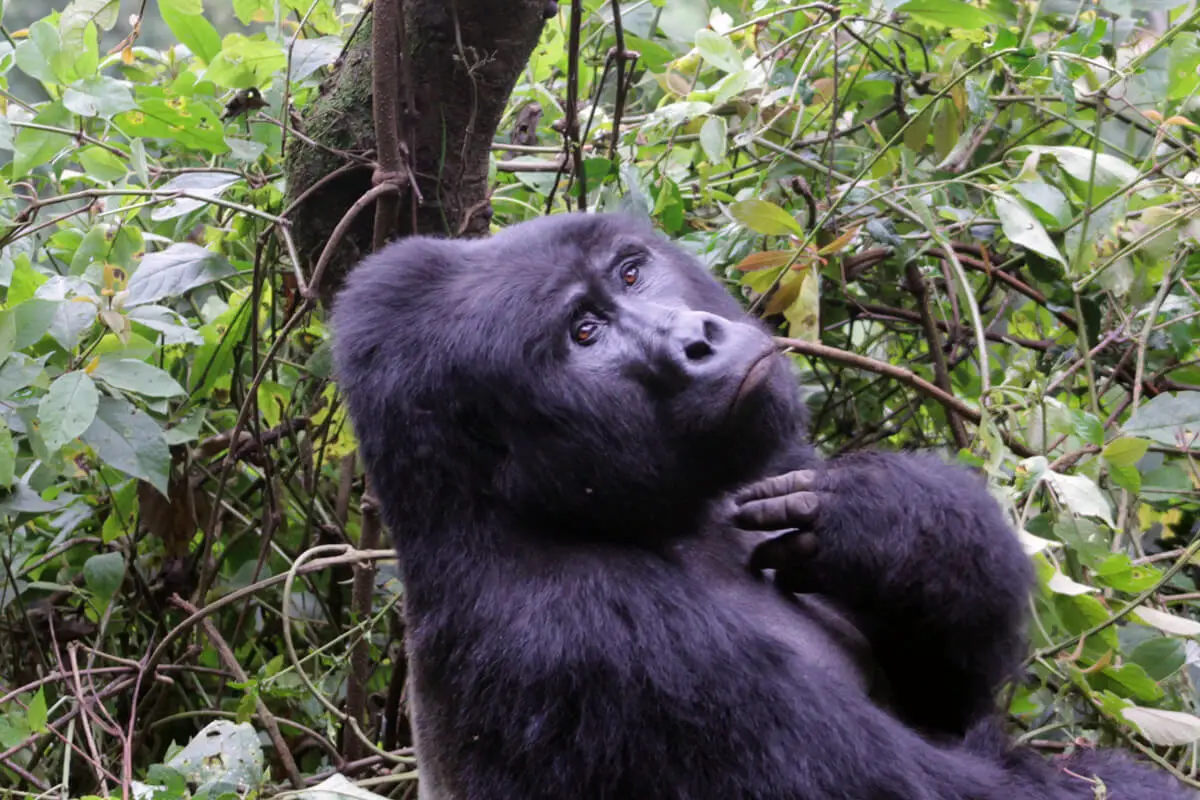African Wild Animals are a crucial part of the African ecosystem, and understanding their life span is essential for their conservation. It gives perspective to the conservation threats they face.
In this article, we will delve into the average life span of African savannah and rainforest animals, including lions, elephants, rhinos, gorillas, and cheetahs. We will also examine the factors that affect their life expectancy, such as environmental conditions, predation, and disease.

Factors Affecting The Life Span Of African Wild Animals
1. Environmental Factors
The environmental conditions of the African savannah and rainforest play a significant role in the life span of wild animals. Adverse weather conditions, food shortages, and habitat loss can shorten the life span of these animals.
2. Predation
Predation is another factor that affects the life span of African wild animals. Lions, cheetahs, and other predators are constantly hunting for their next meal, and weaker animals are often their targets.
3. Disease
Diseases are another factor that can shorten the life span of African wild animals. Some diseases, such as Ebola, are highly contagious and can quickly spread through populations of wild animals.
The Lifespan Of African Animals
Table: Life Span of African Wild Animals in the wild and captivity
| # | ANIMAL | LIFE SPAN IN THE WILD | LIFE SPAN IN CAPTIVITY |
|---|---|---|---|
| 1. | Okapi | 20 to 30 years | Up to 40 years |
| 2. | Elephant | 60 to 70 years | Up to 80 years |
| 3. | Kudu | 12 to 15 years | Up to 20 years |
| 4. | Eland | 20 to 25 years | Up to 30 years |
| 5. | Zebra | 25 to 30 years | Up to 35 years |
| 6. | Wildebeest | 12 to 15 years | Up to 20 years |
| 7. | Lion | 10 to 14 years | Up to 20 years |
| 8. | Leopard | 12 to 17 years | Up to 20 years |
| 9. | Hippo | 45 to 50 years | Up to 60 years |
| 10. | Buffalo | 20 to 25 years | Up to 30 years |
| 11. | Cheetah | 12 to 15 years | Up to 20 years |
| 12. | Hyena | 12 to 15 years | Up to 20 years |
| 13. | African Wild Dog | 10 to 12 years | Up to 15 years |
| 14. | Gorilla | 35 to 40 years | Up to 50 years |
| 15. | Golden Monkey | 15 to 20 years | Up to 25 years |
| 16. | Chimpanzee | 40 to 50 years | Up to 60 years |
| 17. | Crocodile | 50 to 70 years | Up to 80 years |
| 18. | Rhino | 40 to 50 years | Up to 60 years |
Note: The life span in captivity can be longer due to controlled environments and access to medical care. However, it is important to note that captive animals may face different challenges and stressors compared to those in the wild.
Quick Takeaways
The table provides a comparison of the life span of African wild animals in their natural habitat and captive environments such as zoos. Overall, the life span of African wild animals in captive environments is generally longer than in the wild due to the controlled environments and access to medical care.

Here are some interesting takeaways:
- Elephants have the longest life span of all the animals listed, with an average of 60 to 70 years in the wild and up to 80 years in captivity.
- Lions have a relatively short life span in the wild, with an average of only 10 to 14 years, but their life span can be extended up to 20 years in captivity.
- Gorillas have a life span of 35 to 40 years in the wild and can live up to 50 years in captivity.
- Chimpanzees have a life span of 40 to 50 years in the wild and can live up to 60 years in captivity.
- Rhinos have a life span of 40 to 50 years in the wild and can live up to 60 years in captivity.
It is important to note that while captive animals may have a longer life span, they may also face different challenges and stressors compared to those in the wild. Nevertheless, the table provides an interesting insight into the life span of African wild animals and how they can be affected by their environment.
Final Thoughts
The life span of African wild animals is an important indicator of their overall health and well-being. When these animals are not protected and their habitats are destroyed, they become vulnerable to extinction.
The table highlights the drastic difference in life span between African wild animals in their natural habitats and those in captive environments such as zoos. This difference highlights the critical need for conservation efforts to protect these animals and their habitats.
Conservation is not a task for tomorrow, it is an urgent priority that requires immediate action. Without conservation efforts, African wild animals face a bleak future, with shorter life spans and the risk of extinction.
The disappearance of these animals will not only impact the delicate balance of the ecosystem but also result in the loss of unique species and their cultural and economic significance.
In conclusion, the conservation of African wild animals and their habitats is a critical and urgent priority. Failure to act will have devastating consequences, not just for these animals, but for future generations as well.
